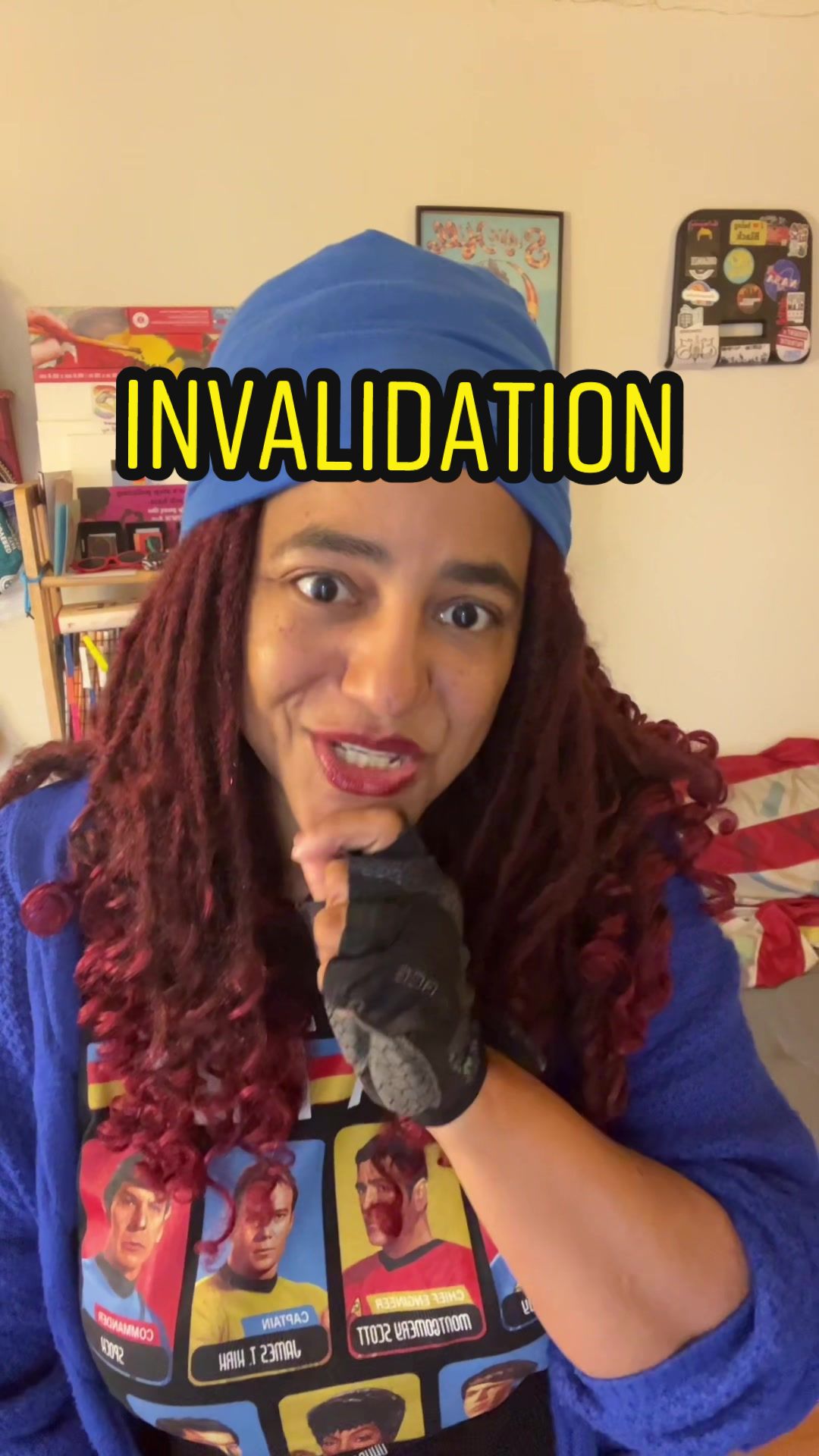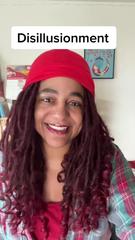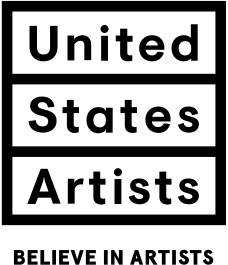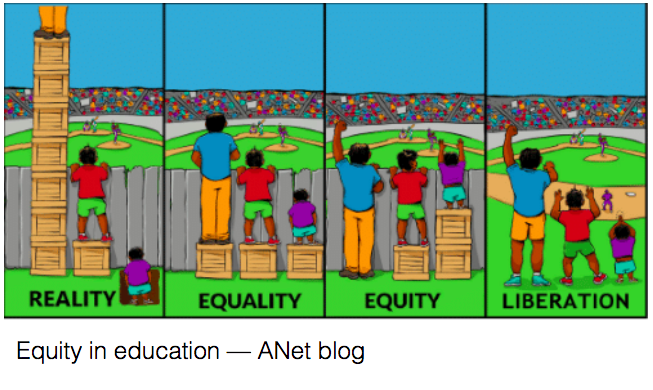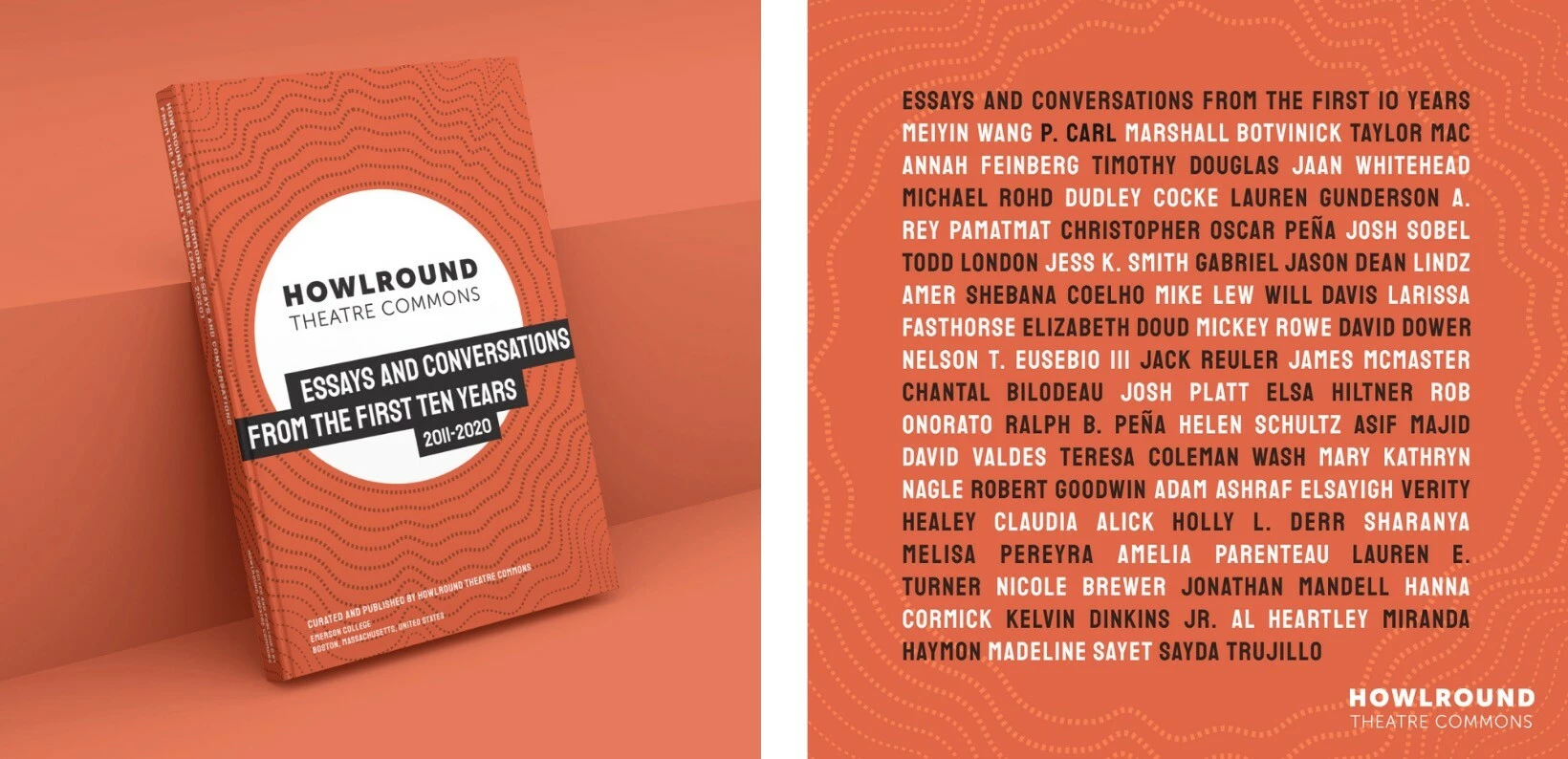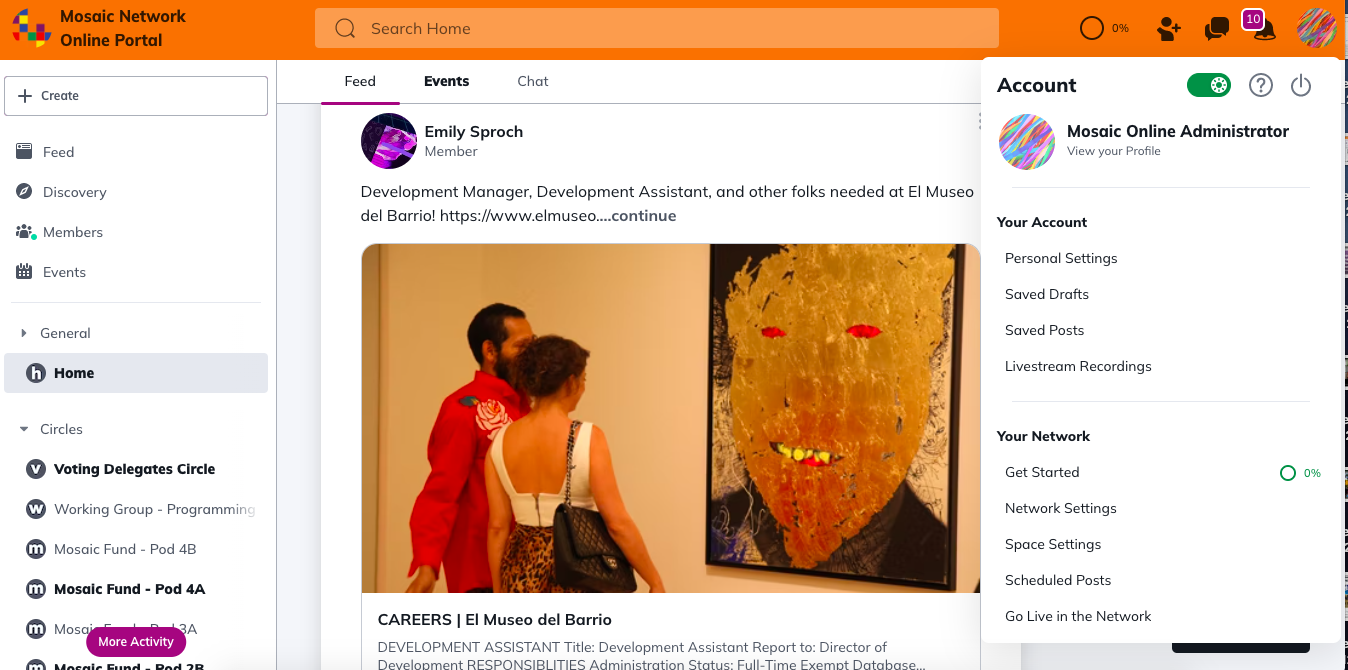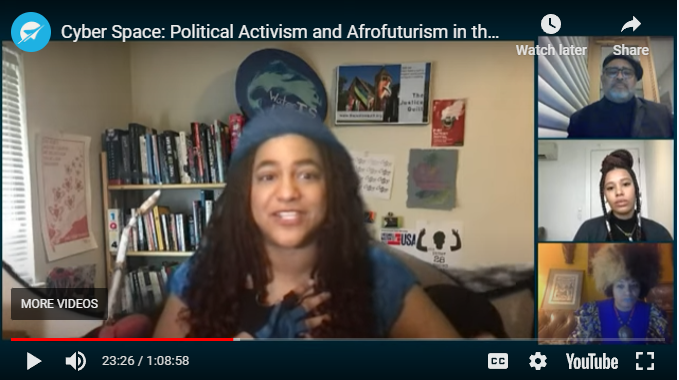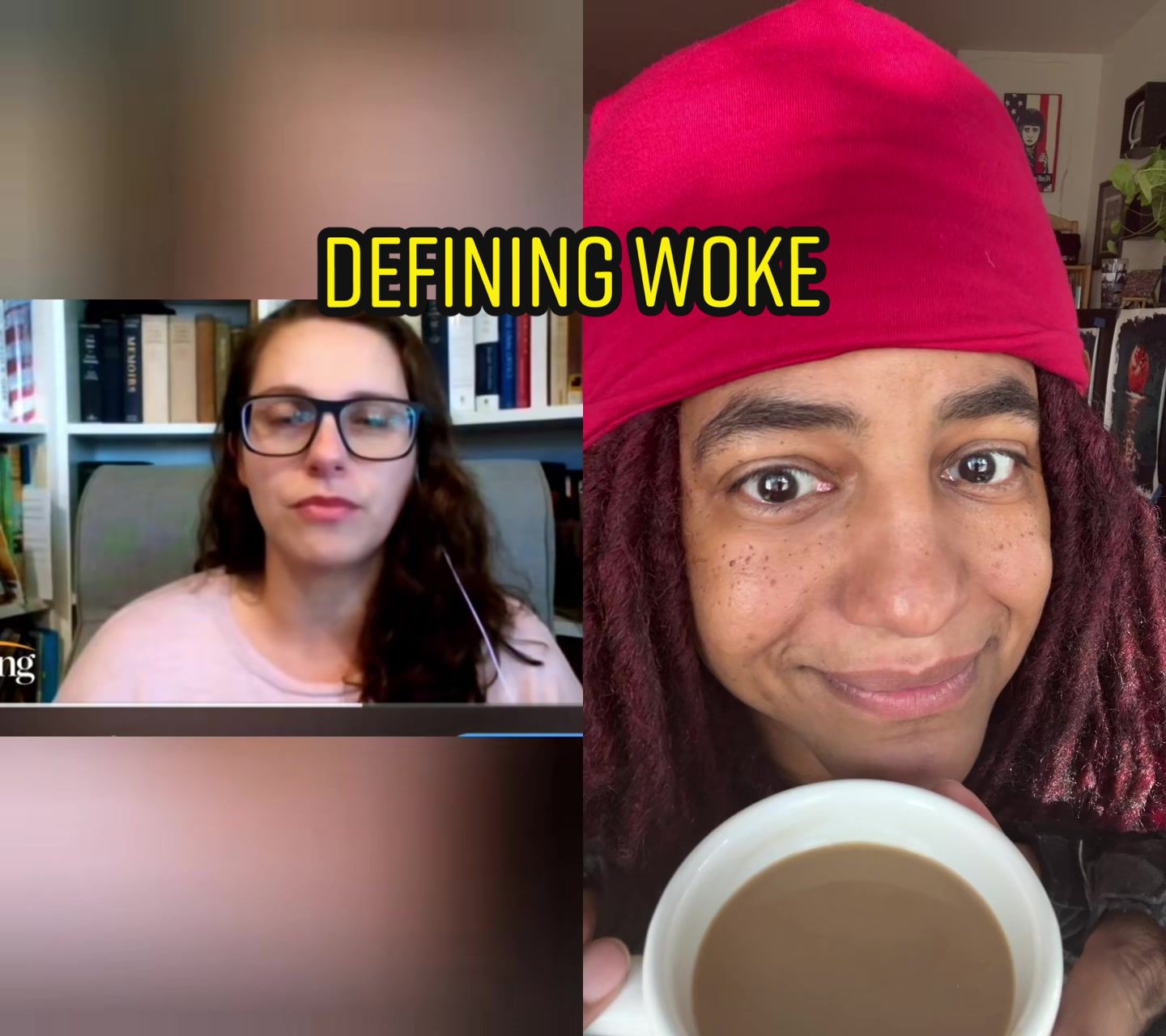
They Can’t Define Woke
Agents of supremacy culture often employ the term “woke” as a convenient placeholder for any content or frameworks that challenge or resist the norms and ideologies they seek to perpetuate. By dismissing such concepts as merely “woke,” these individuals attempt to belittle and marginalize important discussions surrounding social justice, equity, and inclusion. This tactic serves as a way to undermine meaningful conversations about dismantling structures of oppression and maintaining the status quo. By reducing complex and critical ideas to a simplistic label, agents of supremacy culture aim to discourage engagement with progressive perspectives and maintain their grip on dominant power dynamics. However, it is important to recognize and confront this strategy, to continue promoting open dialogue and advancing the efforts to create a more just and equitable society.

